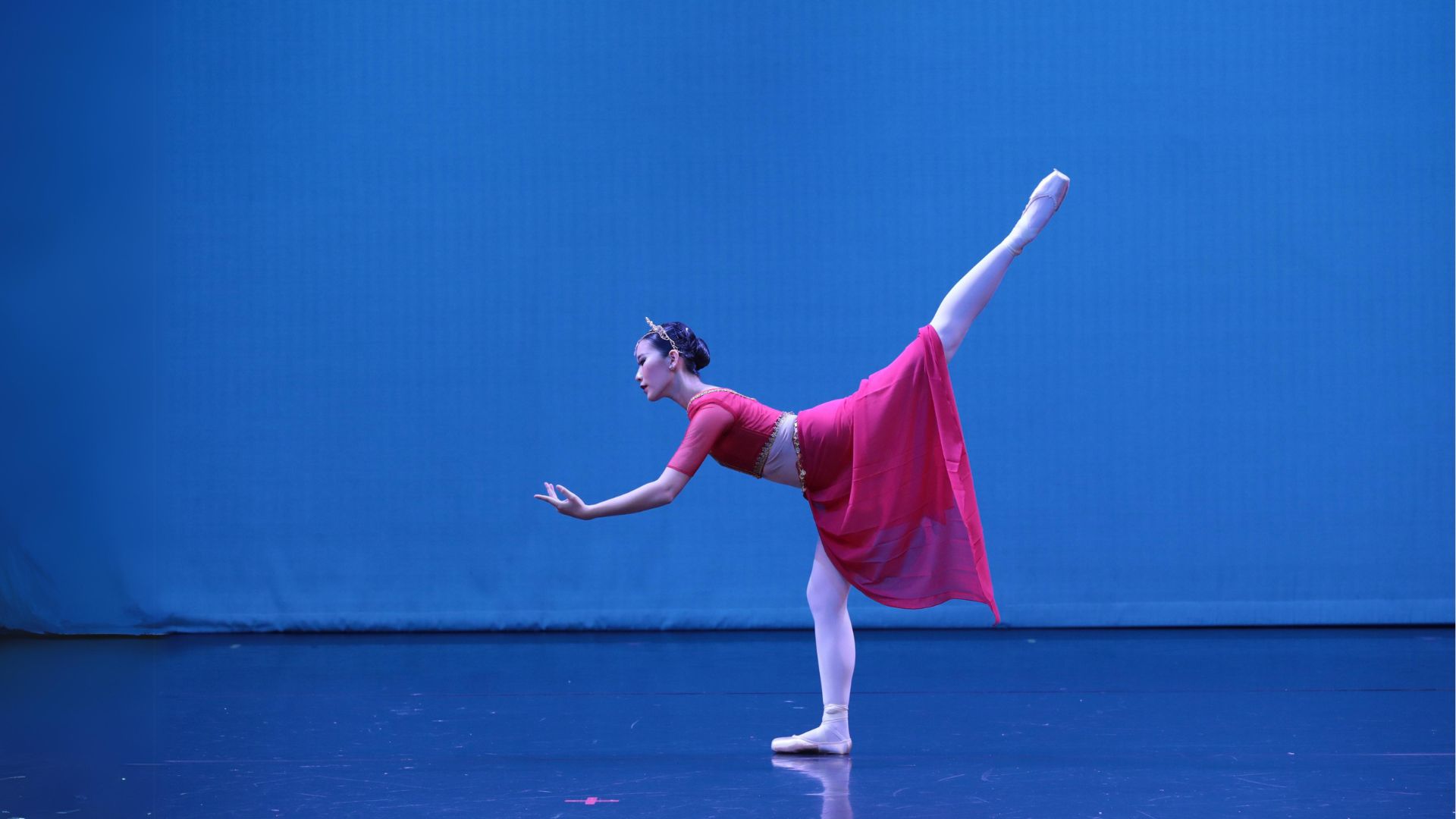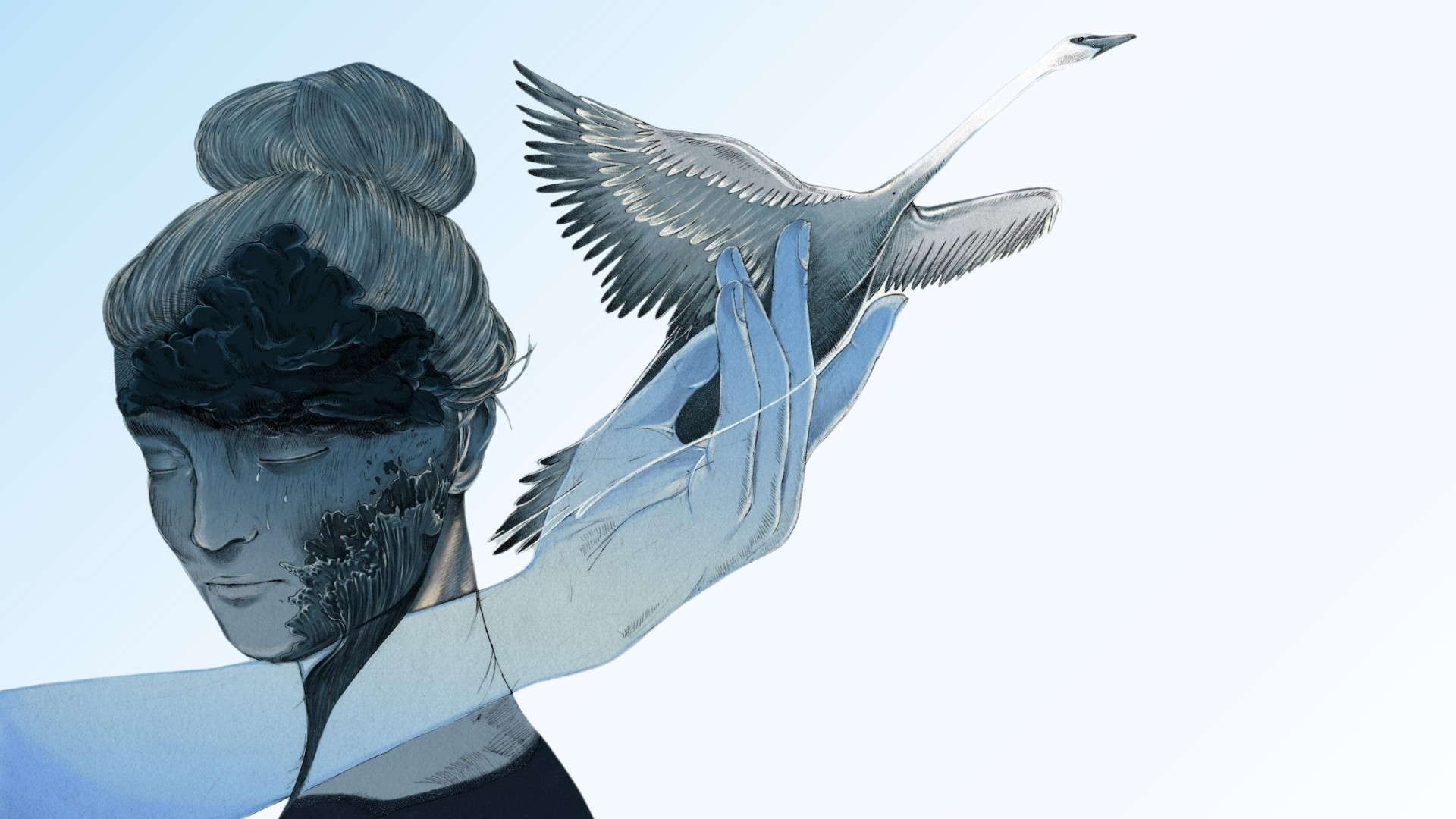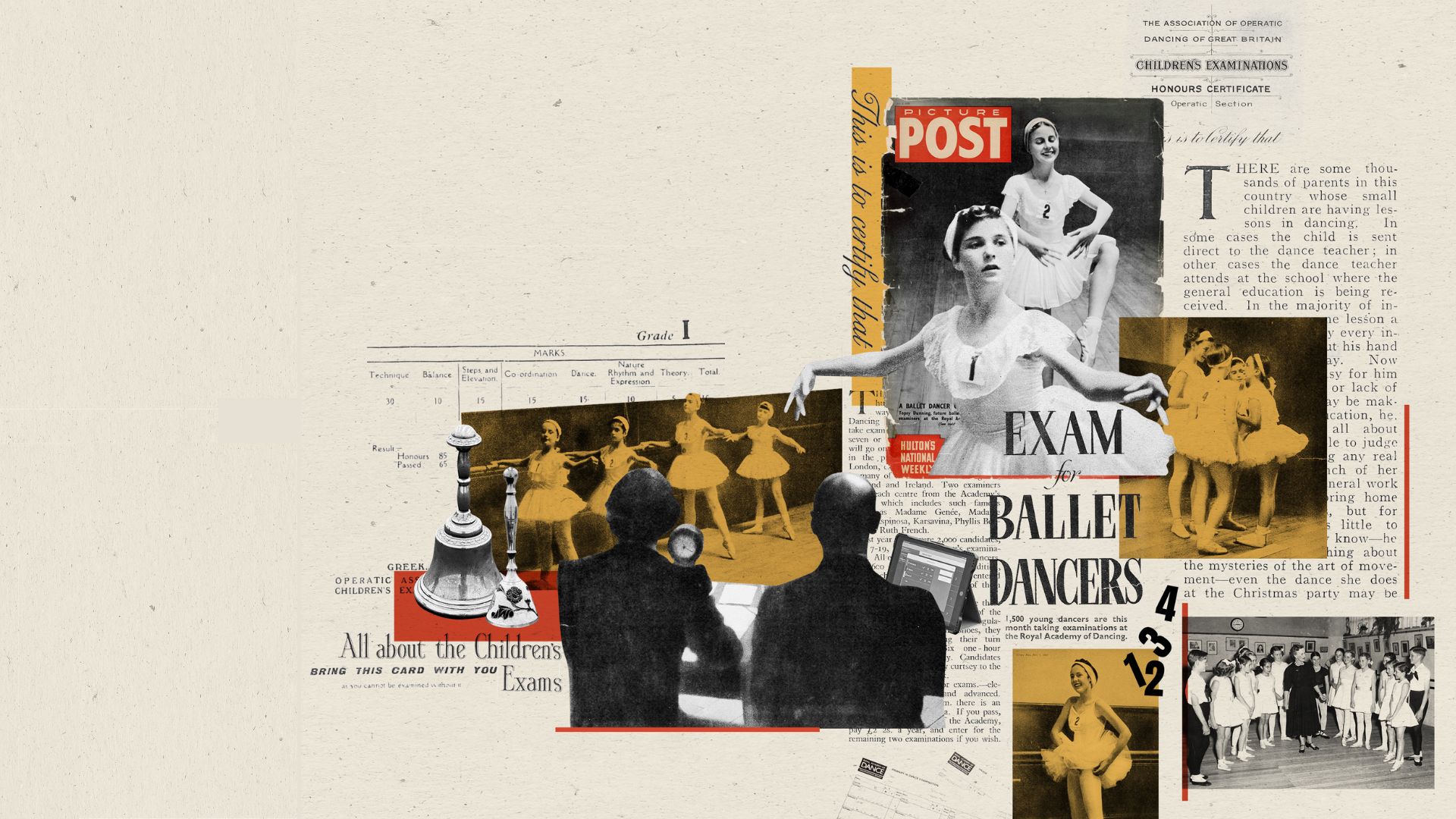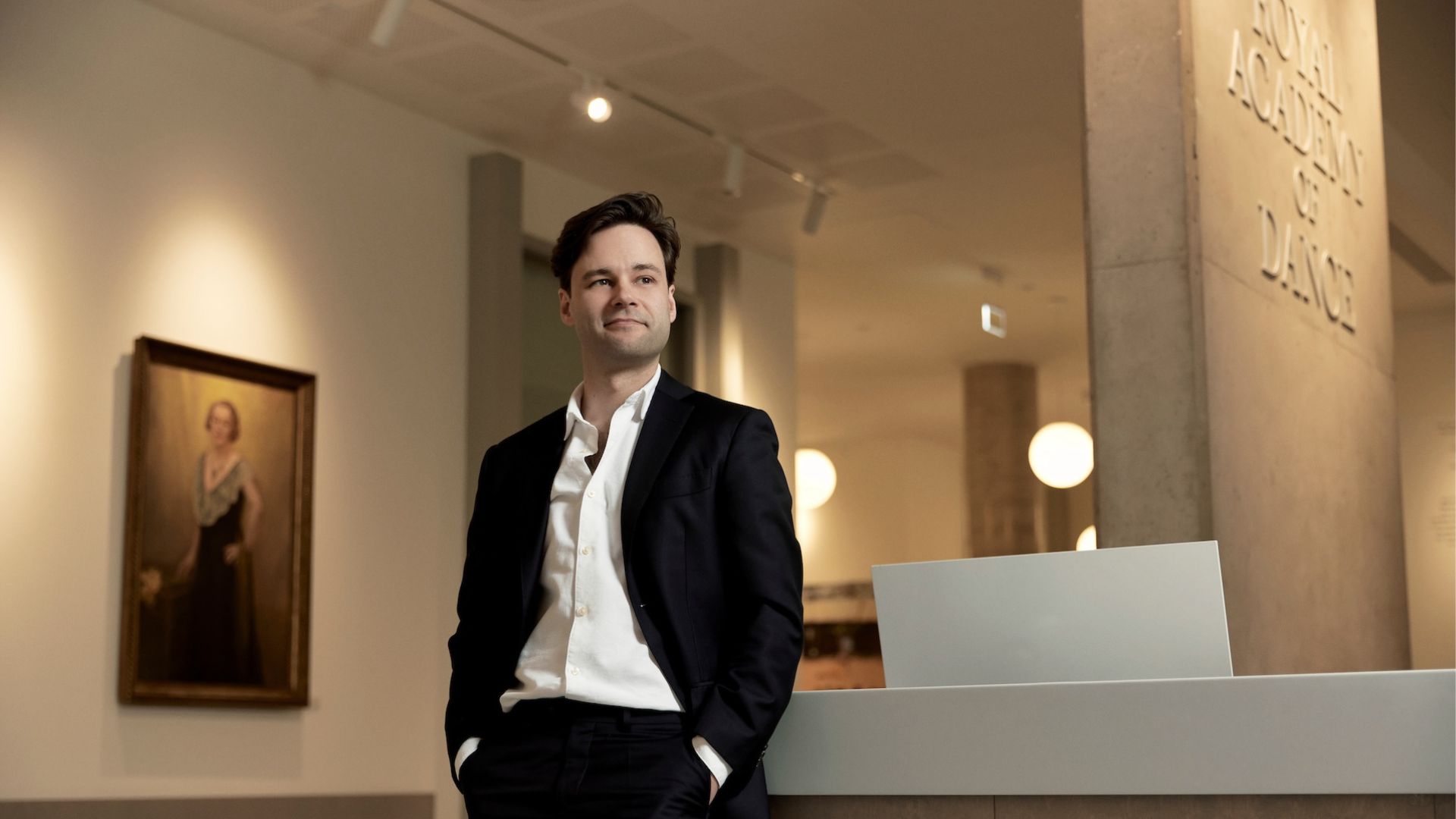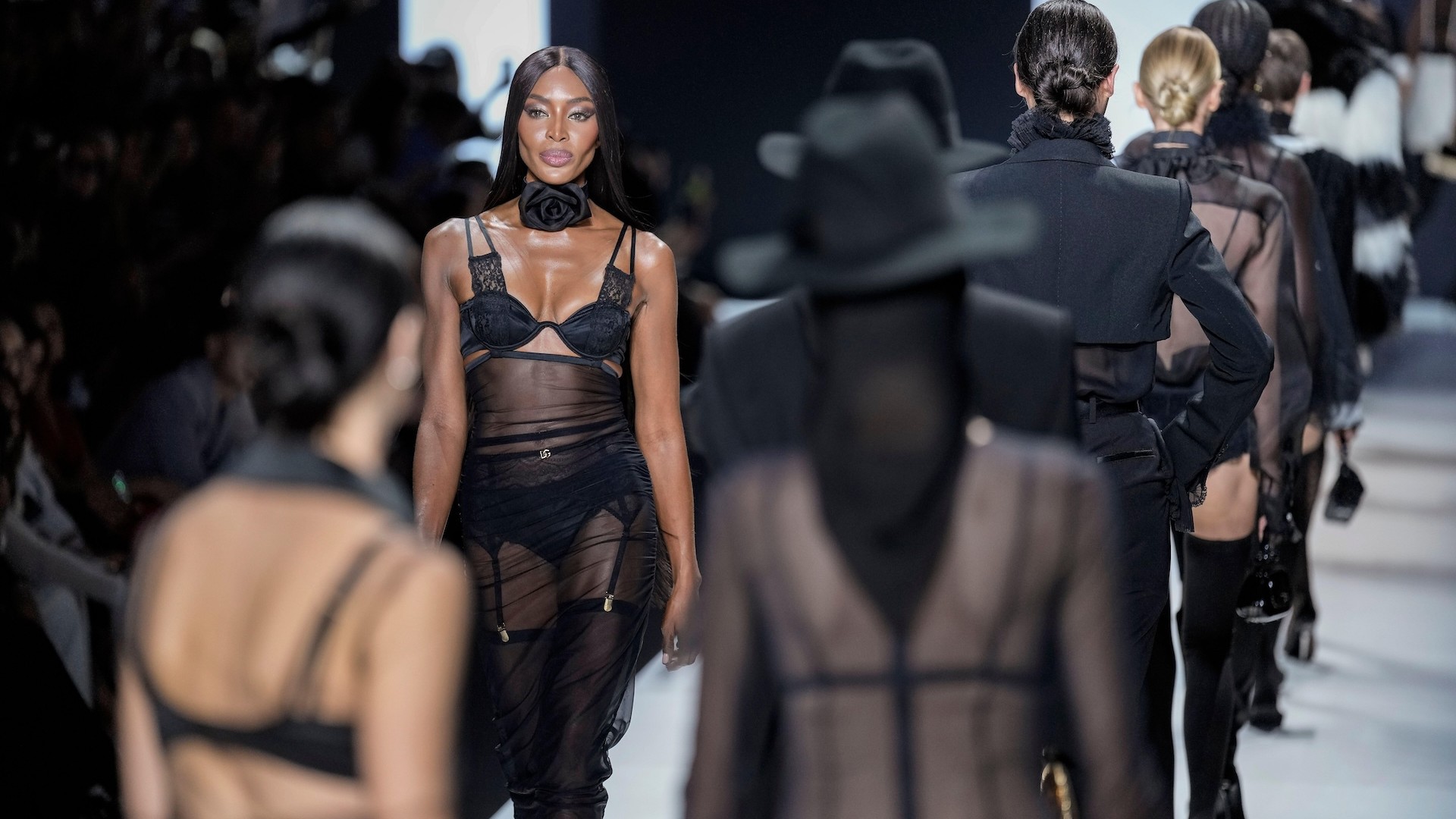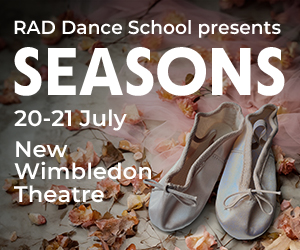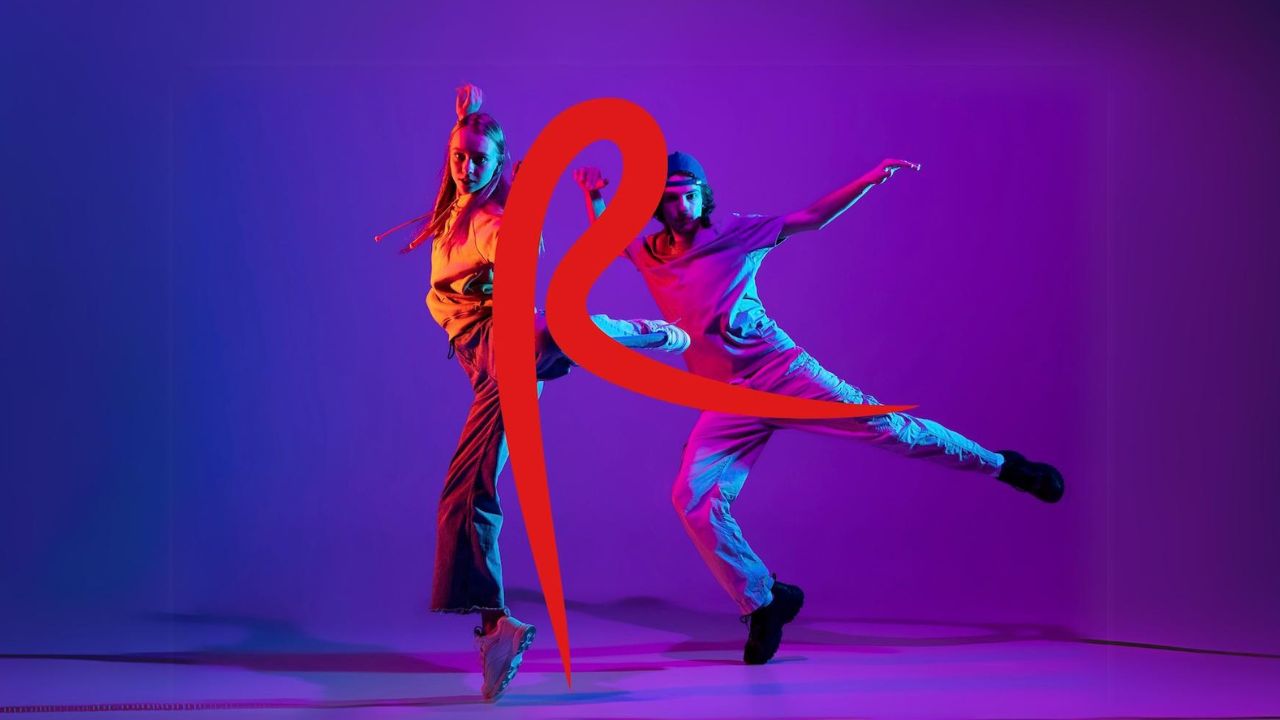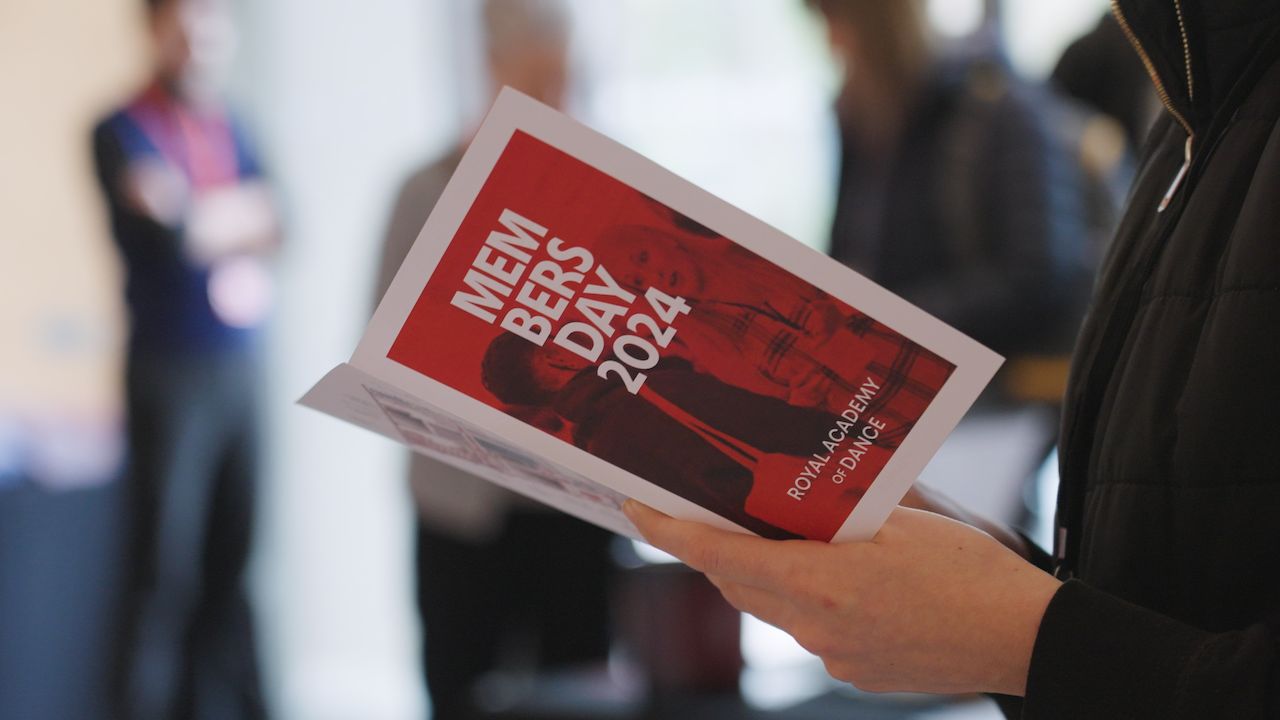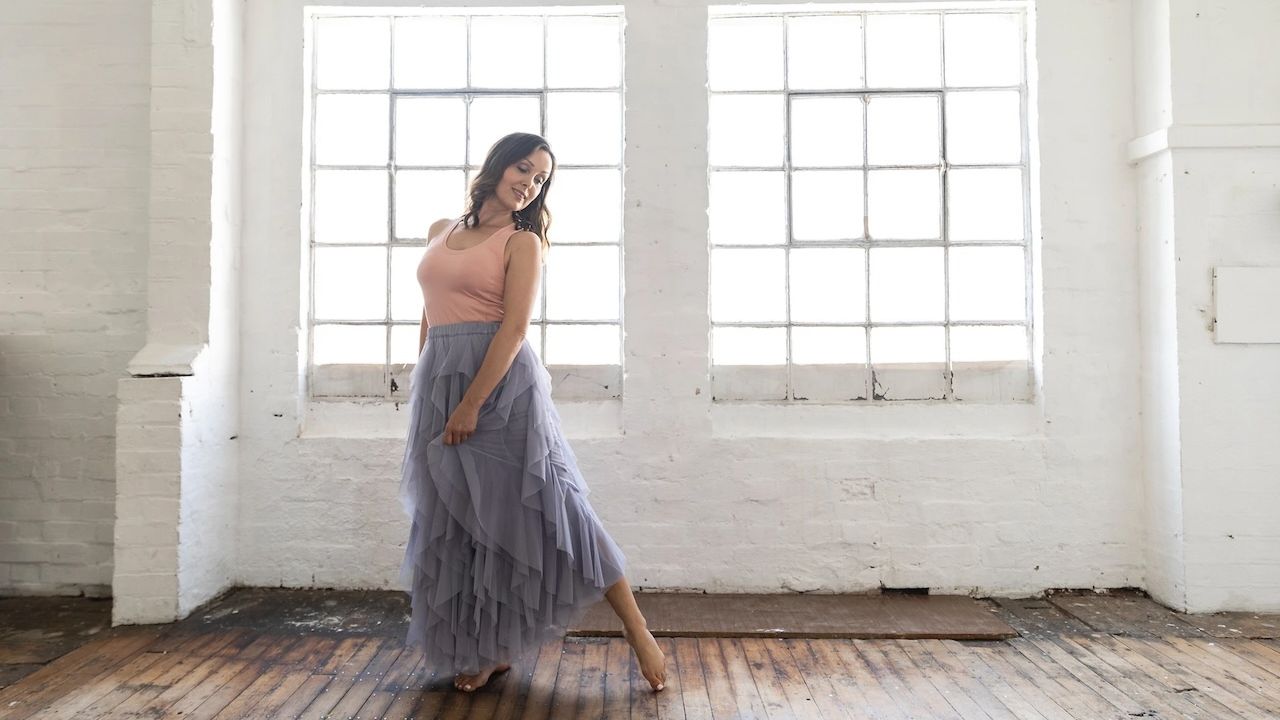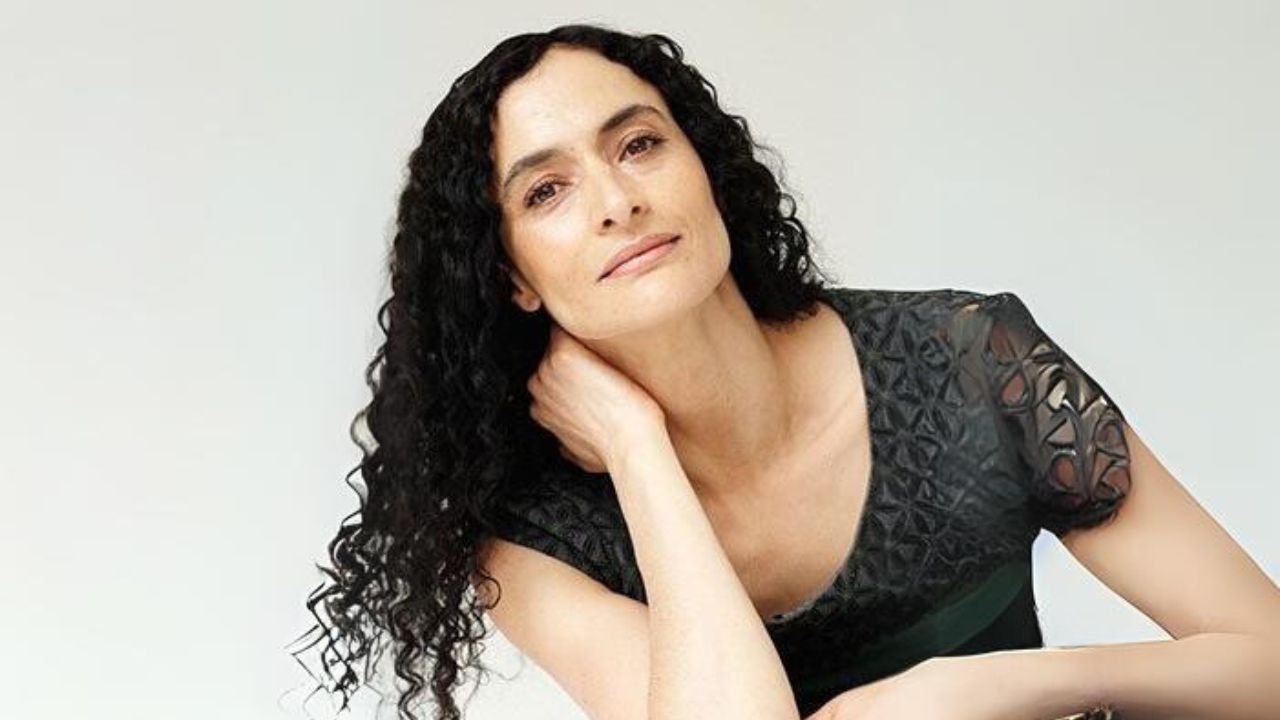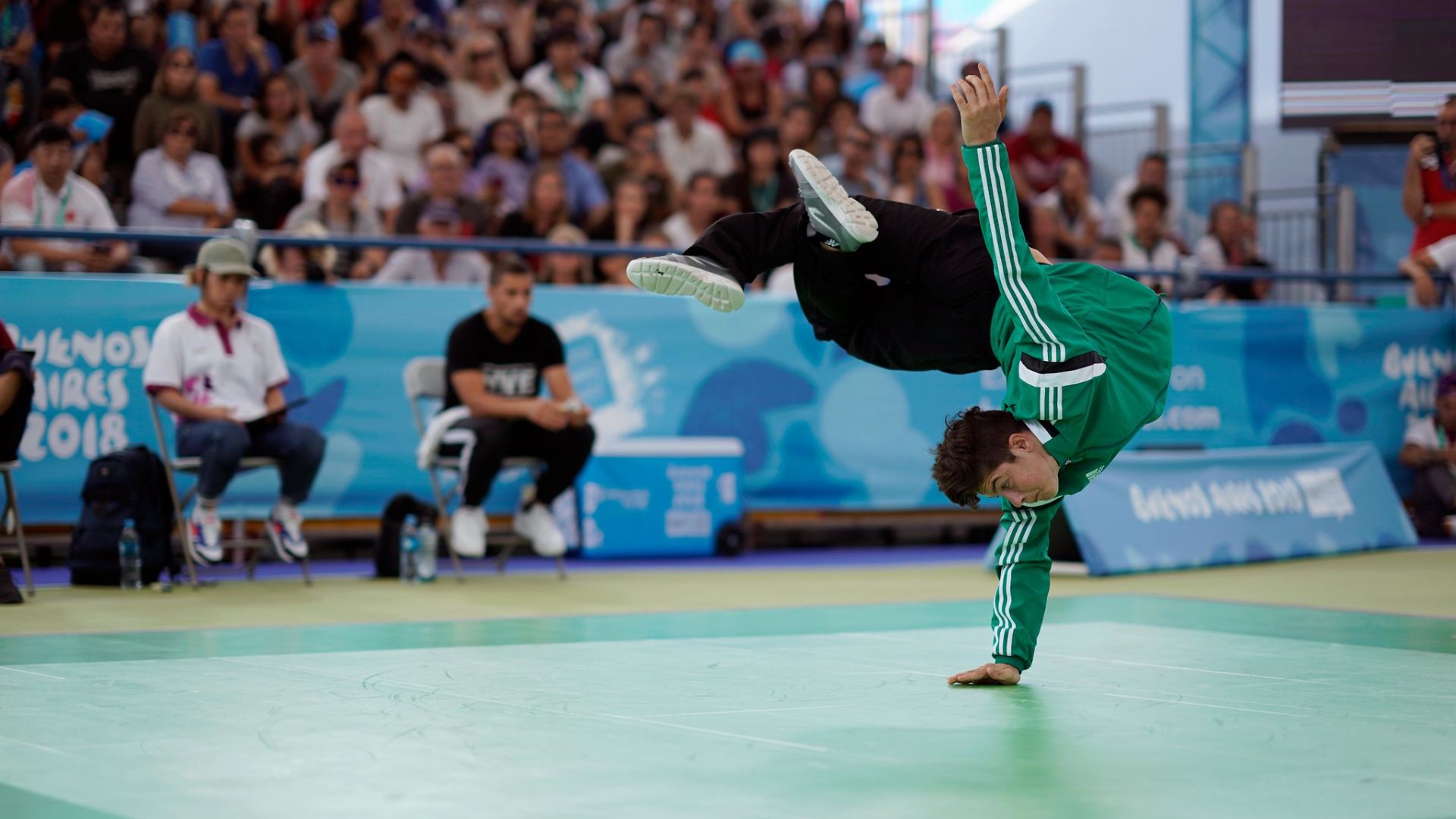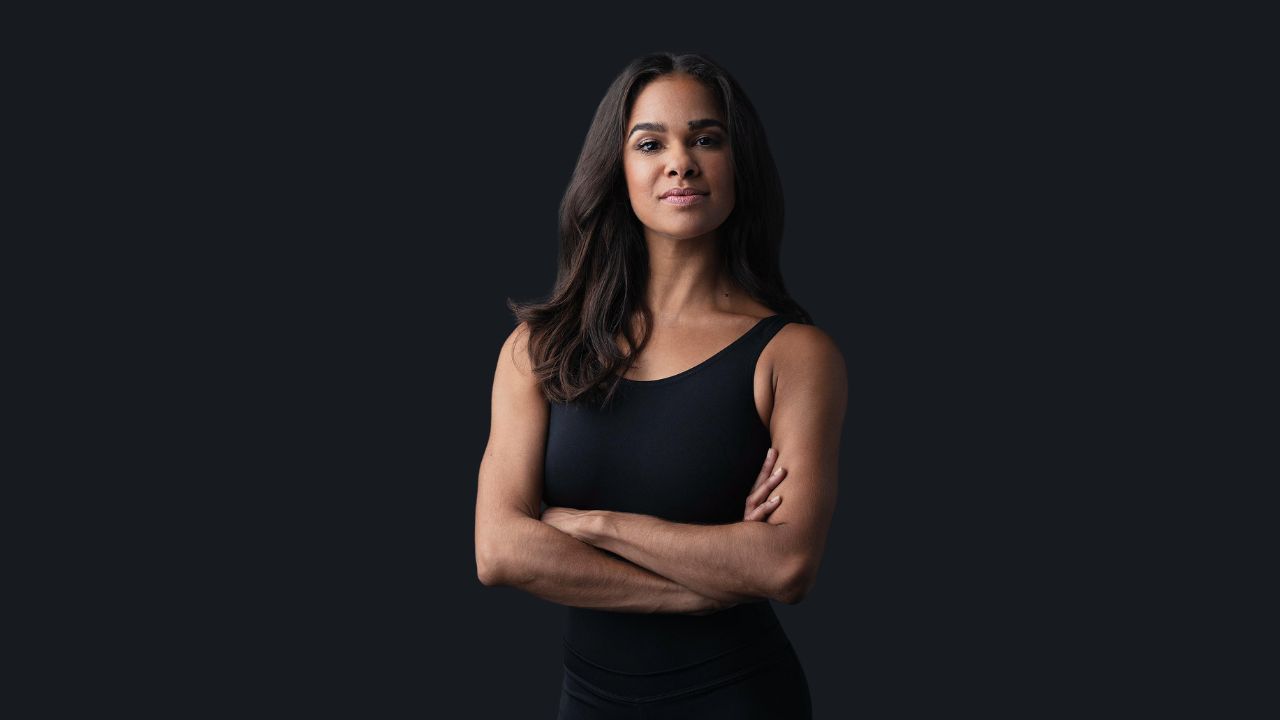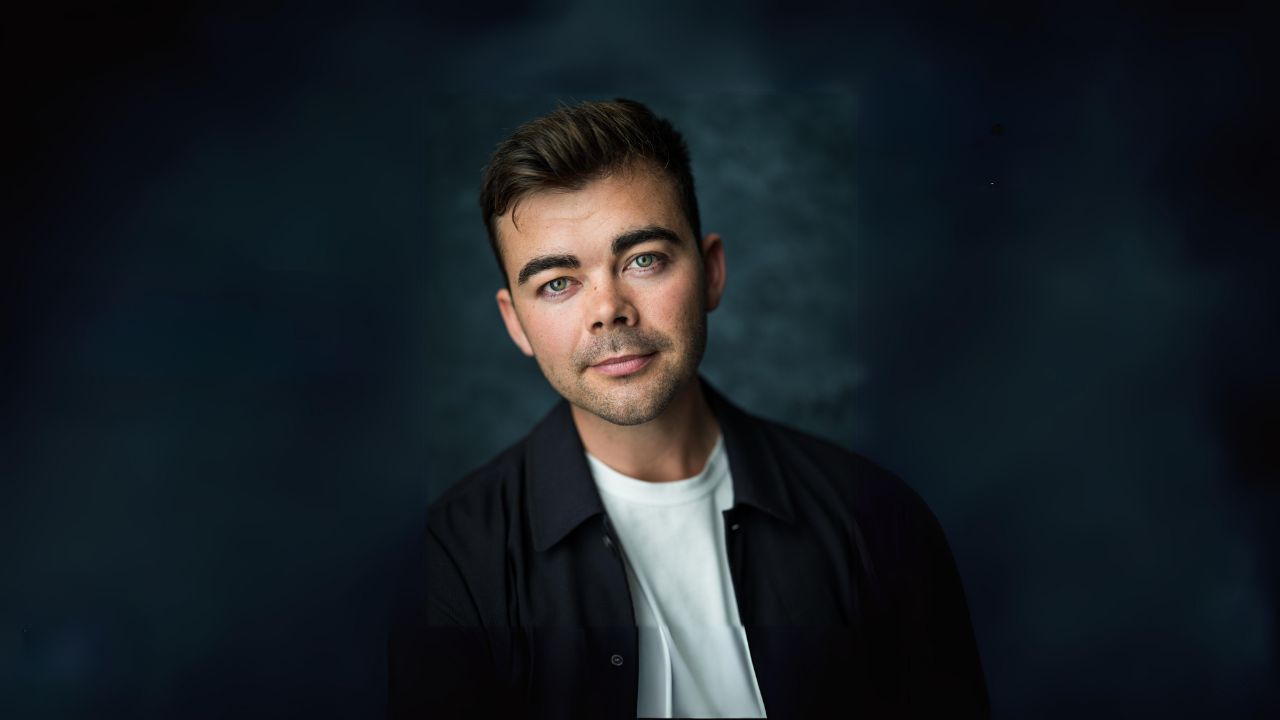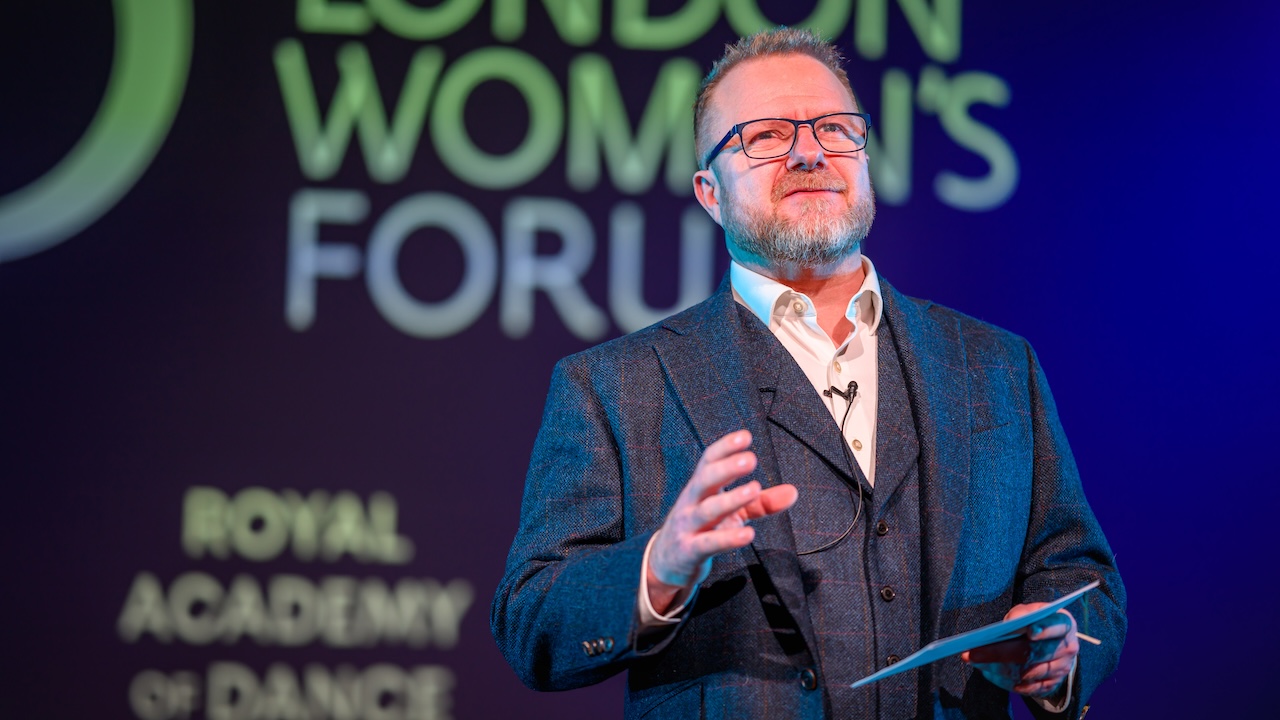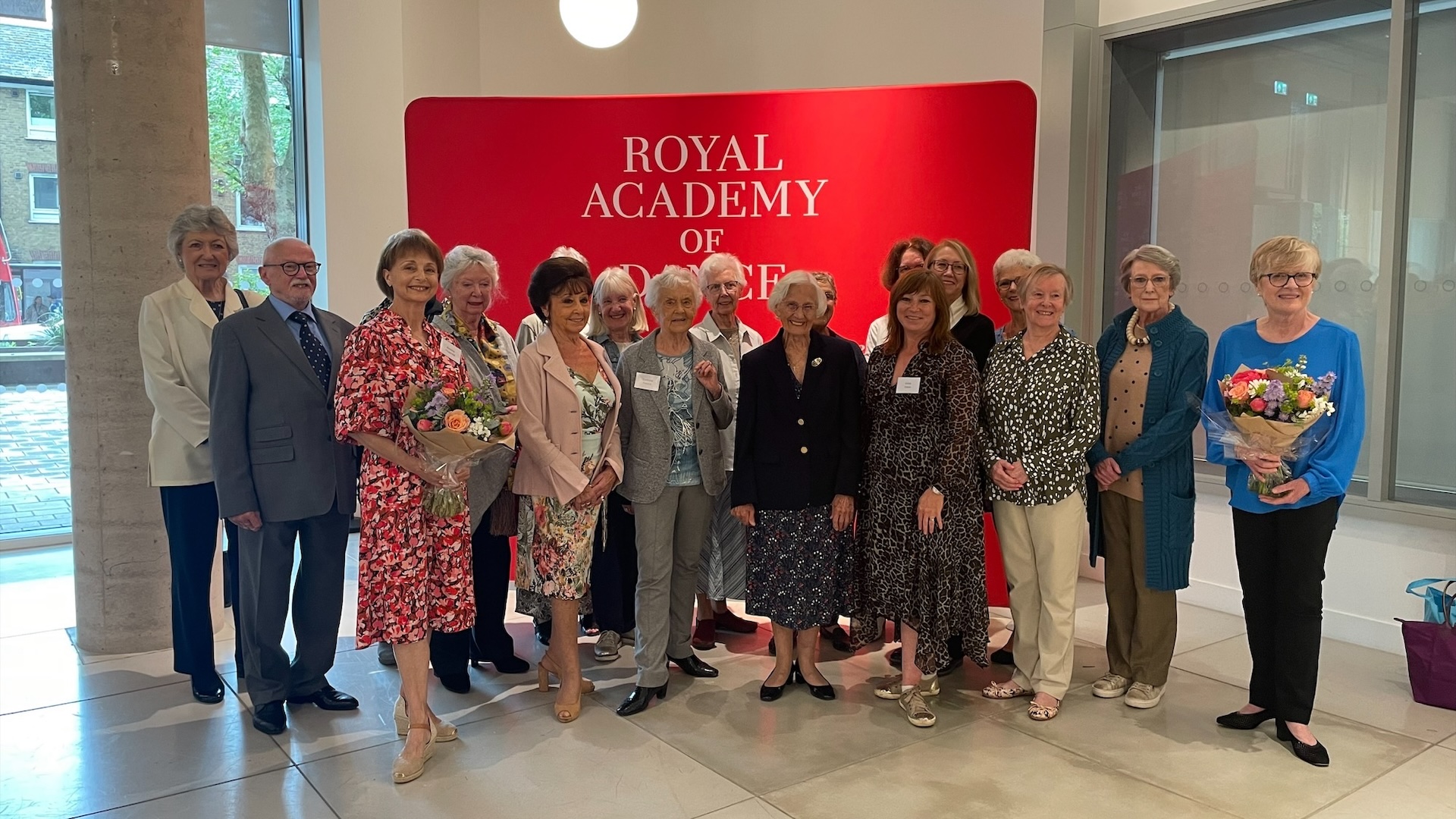‘The Fonteyn is such a special event,’ says Tim Arthur, Chief Executive of the RAD. ‘It’s loved by so many people across the international dance industry.’ Fast approaching its 100th birthday, The Margot Fonteyn International Ballet Competition was first held in 1931. This flagship annual event for young ballet dancers trained in the RAD syllabus appears to be going from strength to strength.
The competition offers a unique opportunity for dancers aged 15 to 19 to work with renowned choreographers and teachers, receive invaluable coaching and perform in front of a large audience, hoping for medals and cash prizes. Affectionately described as ‘a dream’ and a ‘once in a lifetime’ experience by participants and organisers alike, participants have gone on to carve dizzying careers. Why is The Fonteyn held with such affection? And how can this irresistible opportunity also be an accessible one?
‘I think what’s important is that it’s called a competition but it’s not competitive,’ says Maria O’Connor, the Candidate Coordinator who works closely with the young dancers. ‘It isn’t like other competitions. It’s more caring, more friendly, and that’s why students enjoy it.’
This appears to be a clear consensus among past participants. Australian dancer Jessica Latto took part in 2023. ‘I assumed, as it was a competitive environment, that some people would be cold and the environment might be a little hostile,’ she says. ‘But the people in my group were so supportive of everyone. You couldn’t even tell we were trying to compete. Everyone was cheering each other on and boosting each other’s confidence.’
‘It’s called a competition – but it’s not competitive’
Maria O’Connor
O’Connor describes how this is by design, through careful planning by staff and faculty to create a welcoming, inclusive and accessible environment. ‘Before they start their coaching, we have a welcome party,’ she says. ‘You usually find that everybody’s a little bit quiet in their first morning of coaching. But the minute they’ve had their first break, it’s like they’ve known each other for years.’
The RAD’s work towards making the competition inclusive and accessible goes beyond ice breakers, beginning before potential candidates apply. The Fonteyn bursaries are key to granting aspiring competitors the chance to chase this once in a lifetime experience. The entry fee of £550, coupled with international flights, visas and accommodation, can create an unfortunate barrier. ‘We keep the fees as low as possible, but we know that’s still high for candidates,’ says Hannah Prime, Head of Trusts and Foundations at the RAD. ‘The candidate fees don’t fund the whole competition. We rely on the support of donors and sponsors to cover the full cost, so that’s the first step around accessibility.’
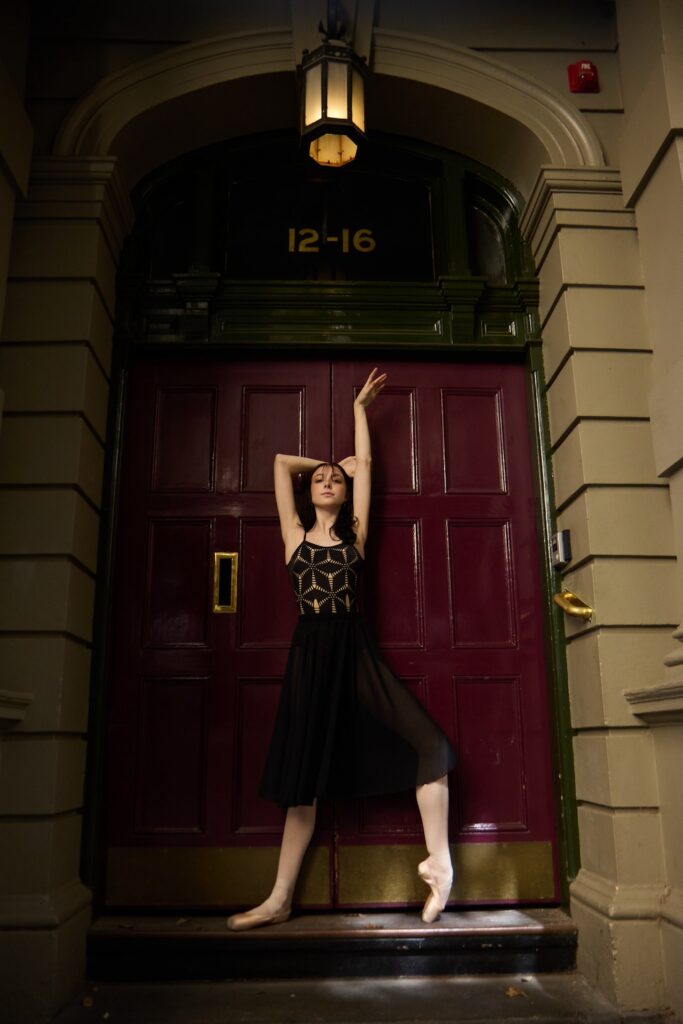
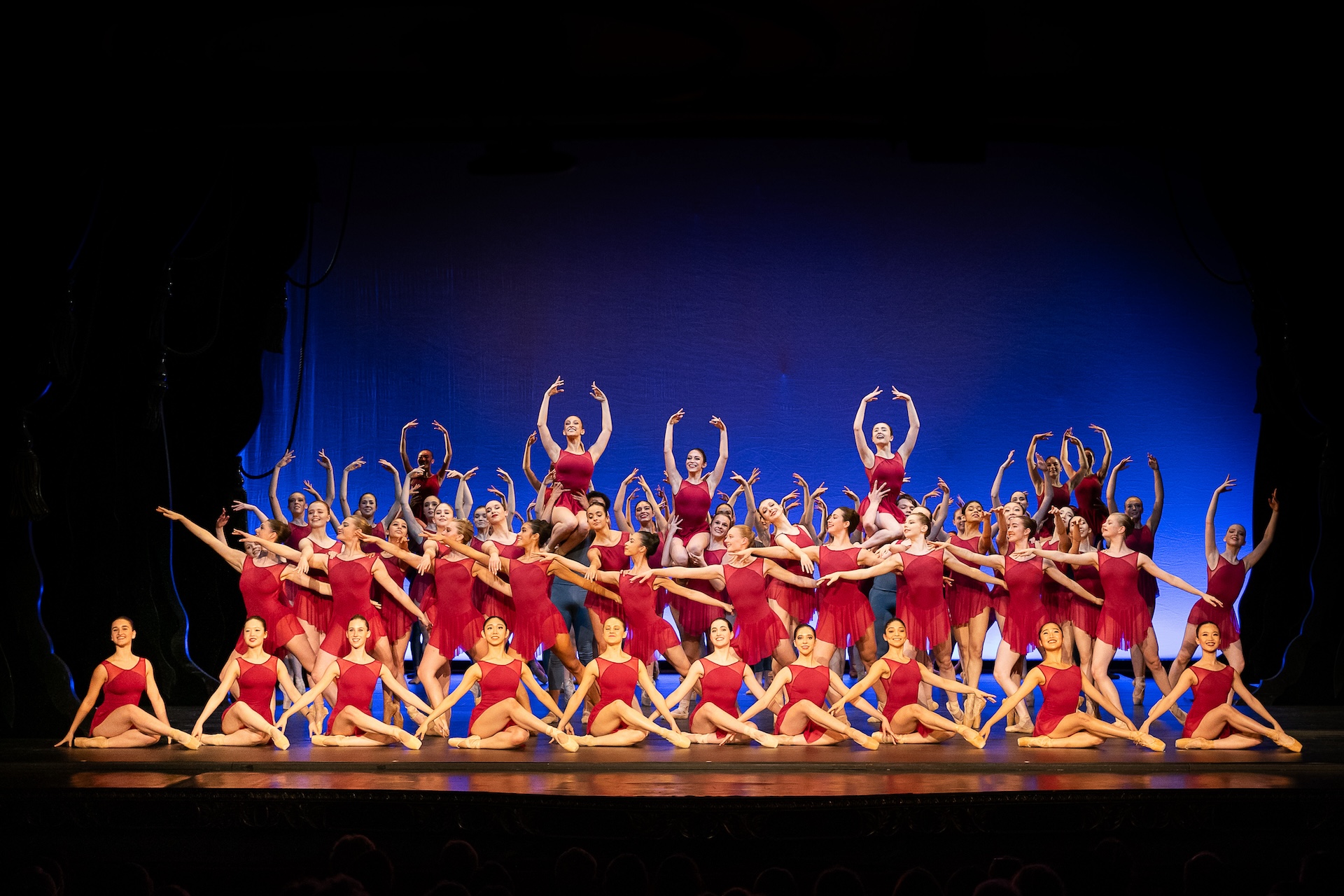
The bursaries supported 21 candidates last year, with recipients traveling from Australia, Brazil, Denmark, Indonesia, Malaysia, Mexico, South Africa, UK, USA and New Zealand. ‘Travelling to London isn’t cheap from any of those places,’ adds Prime. ‘That’s a real barrier to be able to compete. It’s so important that we do have these bursaries because there’s a need for support.’
Jessica Latto received a bursary last year, enabling her to make the long journey from Melbourne, Australia and fulfil her long-held goal. ‘Reviewing the costs with my mum, I knew it was going to be hard to afford all of the fees, being from a single income household,’ she says. Fellow 2023 bursary recipient Tan Yu Xin discovered The Fonteyn on social media in Penang, Malaysia but ‘the application fees made me fall into worries.’
Emily Chong, a student in London, sent her bursary application with no expectation of success. ‘I am a full-time university student, and am currently working part time alongside my studies to fund my ballet training independently in the UK,’ she says. ‘To be able to perform on stage was such an exciting prospect. My parents and teachers encouraged me to apply as it would be the final year I could compete.’
For Mariana Alberquerque, affording the trip from Minas Gerais, Brazil to London proved out of reach. Thankfully, the bursaries offer awards between £550 and £1550 to cover application fees and other expenses. Through a simple application process, candidates are asked to explain why they need the bursary and what difference it would make to their lives and circumstances. ‘Coming from a country like Brazil, this help was imperative and very much appreciated,’ says Alberquerque. ‘I could not have lived such incredible moments without it. When thinking of my time at The Fonteyn, nothing but incredible memories come to my mind.’
The competition spans a week, beginning with three days of expert coaching from choreographers, mentors, and the RAD faculty. In three additional days of semi-finals, candidates take part in a judged class on stage and perform both classical variations and unique solos self-choreographed or devised by their teachers.
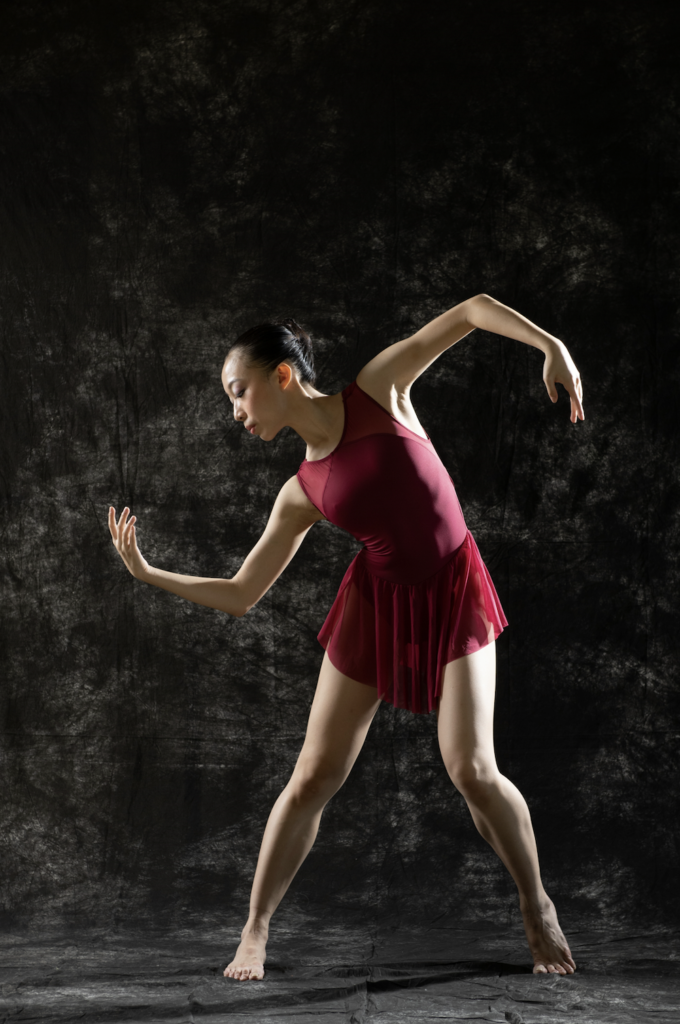
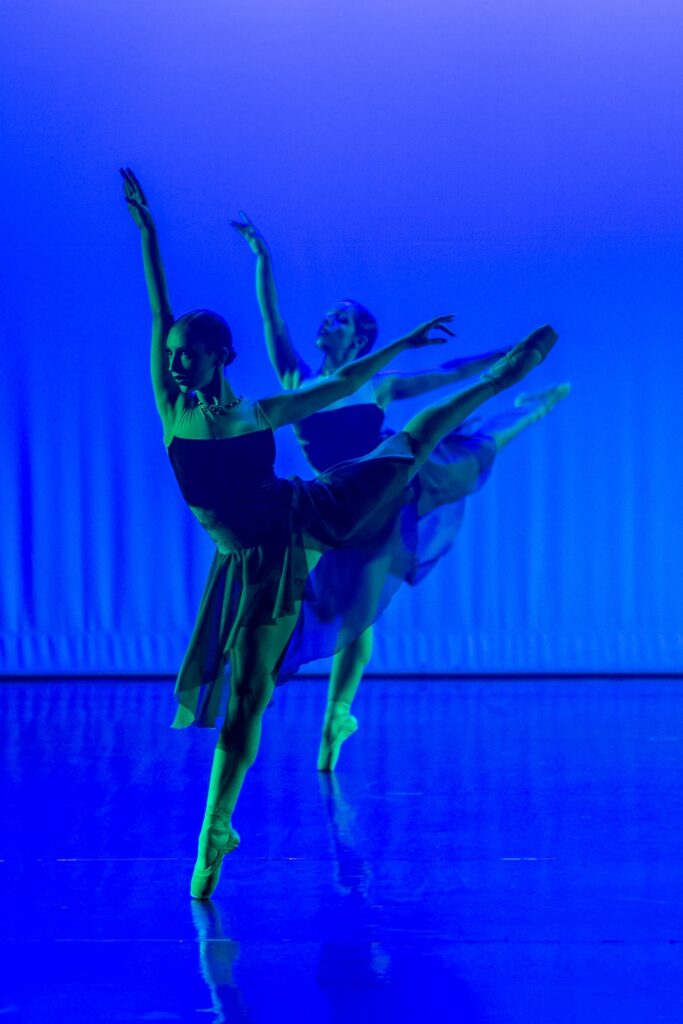
‘The bursary’s help was imperative. I could not have had such incredible moments without it’
Mariana Alberquerque
‘When I think of the Fonteyn, I remember a close-knit group always helping each other behind the scenes,’ says Isabela Telles from Sao Paulo, Brazil. ‘I recall getting to know each competitor in my group and growing closer to them through the week,’ adds Alberquerque. ‘We got nervous together, reunited to have lunch. I helped the girls to do the French twist in their hair and we all supported each other very much during rehearsals and presentations.’
There’s a fun theme coming up as the 2023 cohort reminisce, one involving French twists causing whimsical trouble which was conquered as a collective. ‘There was an unforgettable and funny moment when I was there,’ says Tan. ‘We were told to have a French pleat hairstyle for the performance, and I literally had no idea how to tie it. My teacher and I spent the whole week learning it!’
But most rewarding of all was the last day of the competition in the illustrious His Majesty’s Theatre in London, a joyous amalgamation of all their hard work. ‘I remember sitting in the theatre while all the candidates arrived,’ says UK-based Charlotte Parbery. ‘Knowing we would be performing that evening in guest choreographer Valentino Zucchetti’s commissioned piece Jeunesse was an exciting experience.’
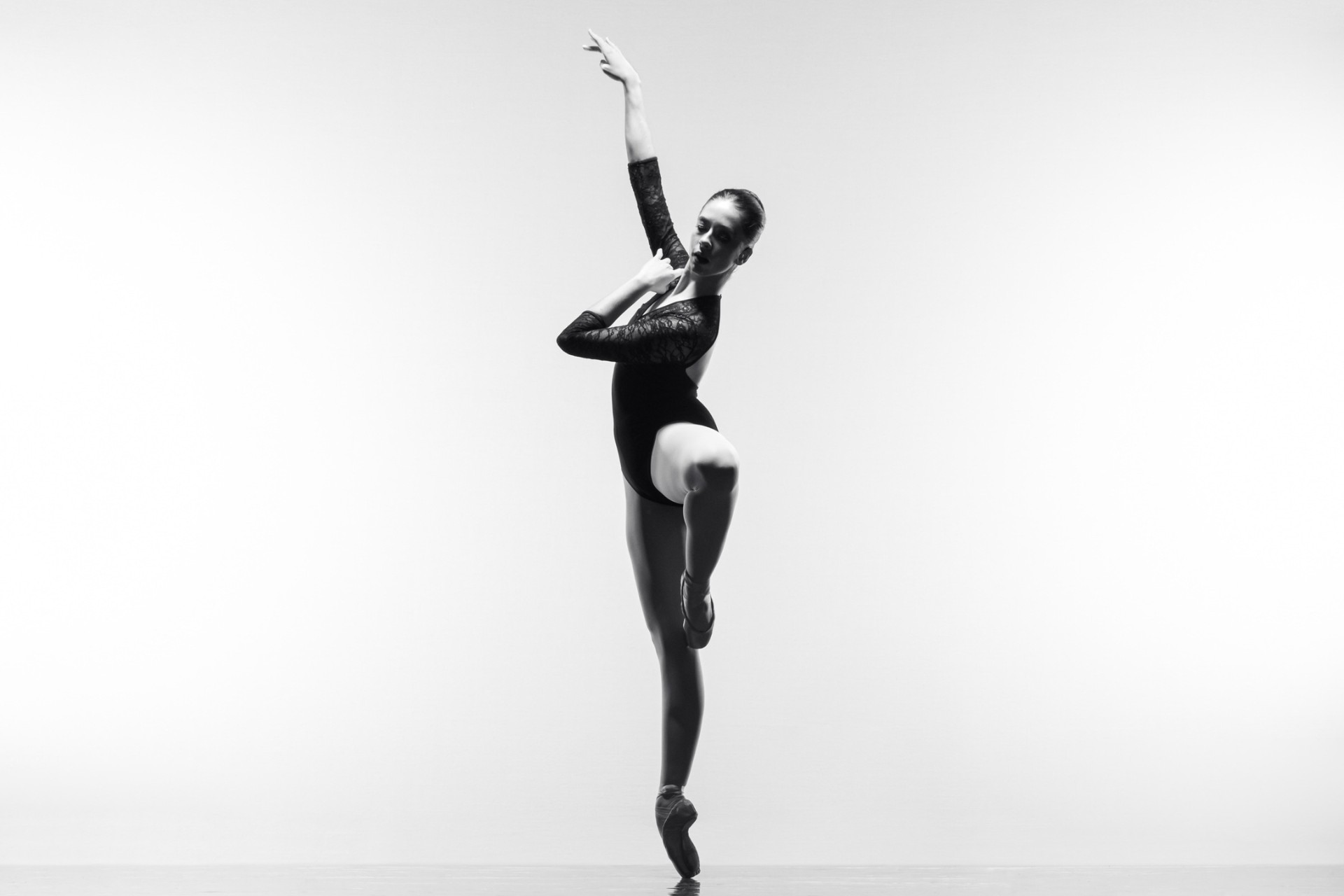
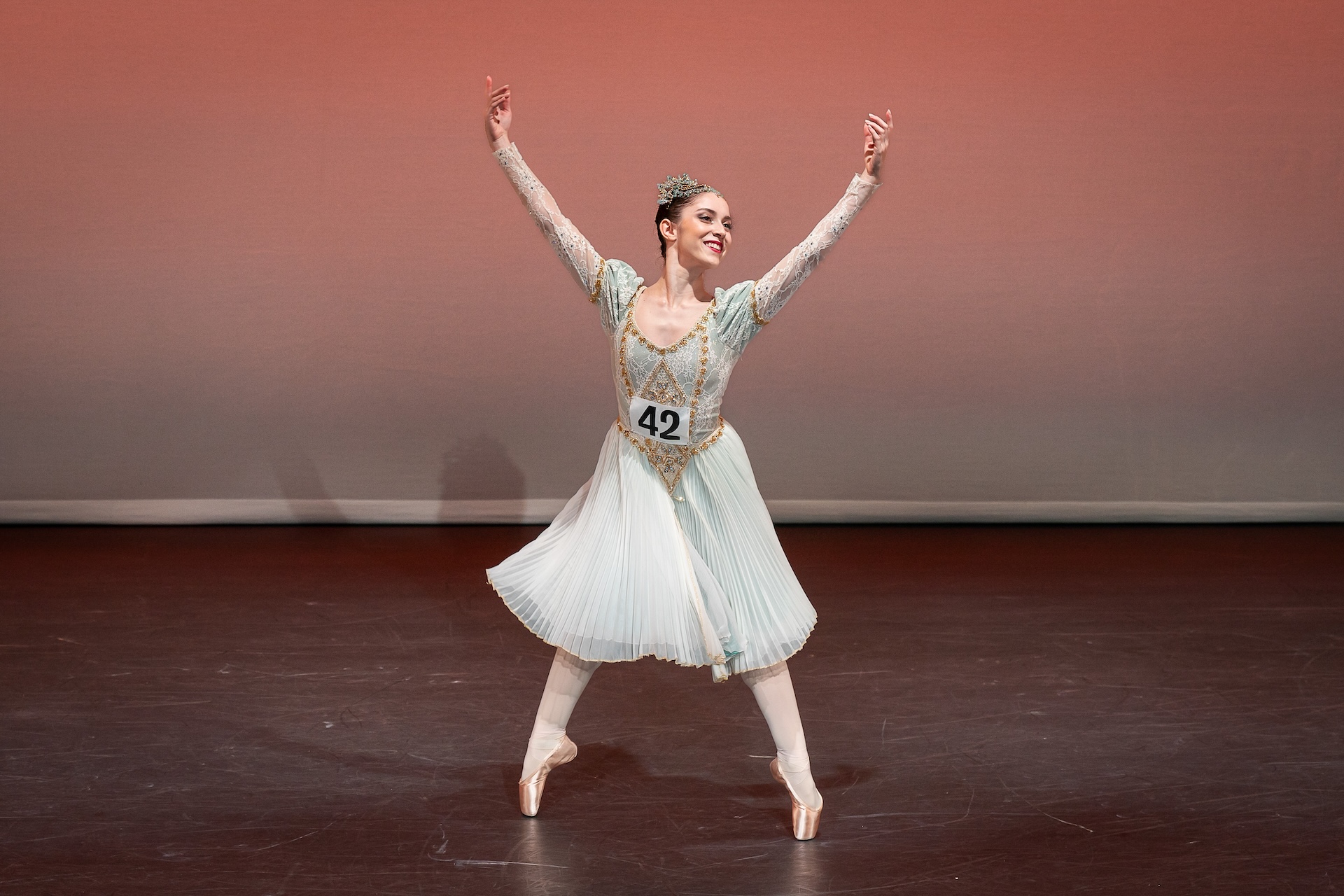
‘We became a close-knit group, helping each other behind the scenes’
Isabela Telles
Chong also enjoys revisiting this memory, and the joy of fulfilling a dream of performing in a historic theatre. ‘I will never forget the crescendo of Mendelssohn’s music as the entire cohort of dancers united on stage in our final pose,’ she says. ‘A sliver of silence was followed by a thunderous applause, from both the audience and my heart. Even today, I occasionally listen to the same music from Jeunesse, and all those beautiful feelings come rushing back.’
This is what it’s all about, the collective experience within a competitive spirit, as O’Connor describes it. ‘What fulfils me the most is working with them throughout the week and seeing how they progress,’ she says. ‘Seeing how much they get out of it and how much they look after each other, even though they’ve just met.’ Prime adds that this is the true marker of the competition, creating experiences powerful enough to kickstart impactful careers.
Echoing their words, Telles sums it up beautifully: ‘The Fonteyn opened my mind about dance, showing that each person has their authenticity, and that’s what unites us.’
RESOURCES
Isaac Ouro-Gnao is a Togolese-British multidisciplinary artist and freelance journalist.

